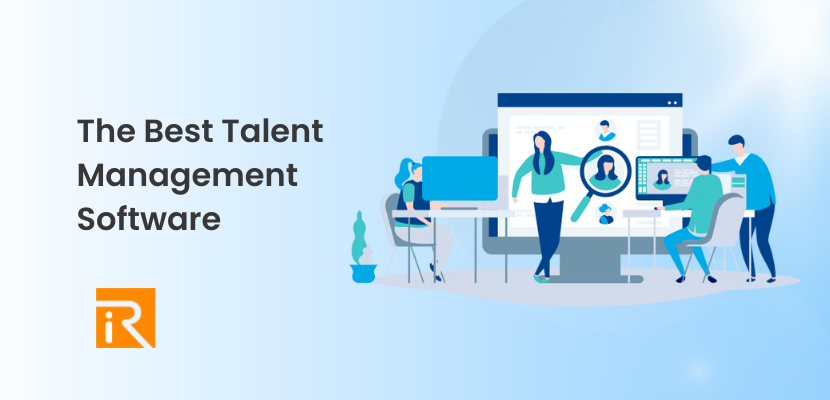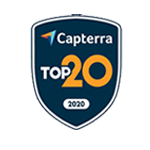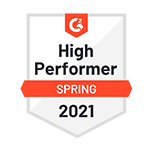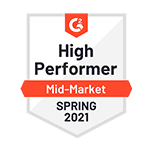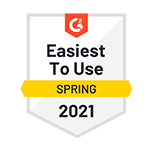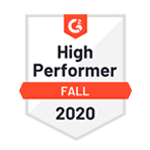Human resource management is one of the most crucial functions of any organization. Managing a large workforce can be a challenging task, but technology has made it much easier. With the advent of talent management software, managing your employees has become more efficient and effective. In this article, we will discuss the best talent management software available in the market today.
What is Talent Management Software?
Talent Management Software is a type of software that is designed to help organizations manage their employees effectively. It provides a centralized solution to manage employee data, performance, and development.
The software streamlines the HR processes by automating tasks such as recruitment, onboarding, performance evaluation, and talent development. Therefore, it reduces the manual intervention needed to manage employee records, which in turn saves time and improves accuracy.
The software is designed to provide a comprehensive solution to manage employee data. It stores all the employee data in a centralized database, which can be accessed by HR managers and supervisors. This makes it easy to manage and retrieve employee records.
Performance management is a critical part of talent management software. The software provides tools to set performance goals and track progress against those goals. It enables managers to provide feedback to their employees, which helps to improve their performance.
Talent management software also provides tools to support employee development. Managers can find employees with potential for growth and help them develop skills.
Recruitment is another important aspect of talent management software. The software provides tools to manage job postings, applications, and candidate interviews. This makes it easier to find and hire the right candidates for the job.
Benefits of Talent Management Software
Here are some benefits of using talent management software:
Efficient Employee Management
Talent management software allows organizations to efficiently manage employee data, such as personal information, job roles, and compensation. This helps HR managers to keep track of employee details and manage their tasks easily. Additionally, it provides an easy way to update and access employee data whenever needed.
Improved Performance Management
Performance management is an essential part of employee development. Talent management software provides a way to set performance goals and track employee progress. It also allows managers to conduct performance reviews and provide feedback to employees. This helps to improve employee performance and increase their job satisfaction.
Better Succession Planning
Succession planning is critical for organizations to ensure continuity of leadership and management. Talent management software provides a way to identify high-potential employees and prepare them for leadership roles. It also allows organizations to track employee development and plan for future workforce needs.
Enhanced Employee Engagement
Employee engagement is a key factor in employee retention and productivity. Talent management software provides tools to engage employees, such as recognition programs, employee feedback surveys, and learning opportunities. This helps to create a positive work environment and increase employee satisfaction.
Accurate Reporting and Analytics
Talent management software provides detailed reports and analytics on employee data, such as performance, training, and career development. This allows HR managers to make informed decisions and identify areas for improvement. It also helps organizations to comply with regulatory requirements and stay up-to-date on industry trends.
Increased Productivity
By automating administrative tasks and streamlining processes, talent management software helps to increase productivity. This allows HR managers to focus on more strategic initiatives and improve organizational efficiency.
Cost Savings
Talent management software helps to reduce costs by eliminating the need for manual processes and paperwork. It also allows organizations to identify areas for cost savings, such as employee turnover and training costs. Additionally, it can help to improve revenue by increasing employee performance and engagement.
In summary, talent management software offers many benefits to organizations, including efficient employee management, improved performance management, better succession planning, enhanced employee engagement, accurate reporting and analytics, increased productivity, and cost savings. By using talent management software, organizations can streamline their HR processes and improve their overall workforce management.
Key Features to Look for in Talent Management Software
Here are some key features that you should look for in talent management software:
Performance Management
Performance management is an important part of talent management software. It helps organizations set goals, track progress, and give feedback to employees. Look for software that allows managers to conduct regular performance reviews and provide coaching to improve employee performance.
Learning and Development
Learning and development features in talent management software provide employees with opportunities to enhance their skills and knowledge. Look for software that provides personalized learning plans, training programs, and development resources to help employees reach their career goals.
Succession Planning
Succession planning features allow organizations to identify high-potential employees and prepare them for leadership roles. Look for software that allows managers to track employee development, provide career coaching, and create succession plans for key positions in the organization.
Recruiting and Onboarding
Recruiting and onboarding features in talent management software streamline the hiring process and help new employees get up to speed quickly. Look for software that allows you to post job openings, track candidate progress, and manage onboarding tasks such as paperwork and training.
Analytics and Reporting
Analytics and reporting features provide HR managers with insights into employee data, such as performance, training, and career development. Look for software that provides detailed reports and dashboards to help you make informed decisions and identify areas for improvement.
Employee Engagement
Employee engagement features in talent management software help to create a positive work environment and increase employee satisfaction. Look for software that includes features such as recognition programs, employee feedback surveys, and social collaboration tools.
Integration with Other HR Tools
Integration with other HR tools such as payroll and benefits management can save time and reduce errors. Look for software that integrates seamlessly with other HR tools to streamline processes and improve efficiency.
In summary, when selecting talent management software, it’s essential to look for features that align with your organization’s needs. Features such as performance management, learning and development, succession planning, recruiting and onboarding, analytics and reporting, employee engagement, and integration with other HR tools can help to streamline your HR processes and improve your overall workforce management.
Top 5 Talent Management Software
Here are some of the top talent management software options available:
BambooHR
BambooHR is an HR software that includes features such as applicant tracking, onboarding, performance management, and employee self-service. It offers a user-friendly interface and customizable workflows.
Namely
Namely is a cloud-based HR software that offers features such as HR analytics, time and attendance tracking, benefits management, and performance management. It is known for its intuitive interface and excellent customer support.
Workday
Workday is an enterprise-level HR software that offers features such as recruiting and talent management, performance management, learning and development, and workforce planning. It is known for its robust reporting and analytics capabilities.
Oracle HCM Cloud
Oracle HCM Cloud is an enterprise-level HR software that includes features such as recruitment and onboarding, performance and goal management, talent review, and succession planning. Additionally, it offers comprehensive HR analytics and can integrate with other Oracle applications.
SAP SuccessFactors
SAP SuccessFactors is a cloud-based HR software that offers features such as recruiting and onboarding, performance and goal management, learning and development, and succession planning. It is known for its ability to handle complex HR processes and offers advanced analytics and reporting capabilities.
In summary, these talent management software options offer a range of features and benefits to help manage your workforce effectively. Consider your organization’s needs, budget, and goals when choosing the right software for you.
Conclusion
In conclusion, Talent management software has become an indispensable tool for managing employees efficiently. It helps HR managers to streamline their processes, automate tasks, and reduce manual intervention. Choosing the right talent management software can help your organization improve productivity, reduce costs, and enhance employee engagement. The top five talent management software mentioned in this article are BambooHR, Namely, Workday, Oracle HCM Cloud, and SAP SuccessFactors.
FAQs
What is the cost of talent management software?
The cost of talent management software varies depending on several factors, including the vendor, the number of employees, and the features included in the software. Typically, you can expect to pay anywhere between $5 to $20 per user per month. Some vendors offer pricing plans based on the number of employees or a flat fee for the entire organization.
Is talent management software suitable for small businesses?
Yes, talent management software can be used by small businesses as well as large enterprises. Many vendors offer solutions specifically designed for small businesses with a limited number of employees. These solutions are typically more affordable and include features tailored to the needs of small businesses.
What are the most important features of talent management software?
The most important features of talent management software can vary depending on the needs of the organization. However, some of the key features to look for in talent management software include:
- Performance management: This feature allows managers to set goals and objectives for their team members and track their progress towards these goals.
- Learning and development: This feature provides employees with access to training and development resources to help them grow and develop their skills.
- Succession planning: This feature helps organizations identify and prepare employees for leadership roles in the future.
- Recruiting and onboarding: This feature streamlines the hiring process and helps organizations find and onboard top talent.
- Analytics and reporting: This feature provide insights into the organization’s workforce and helps identify areas for improvement.
- Employee engagement: This feature helps organizations measure and improve employee engagement and satisfaction.
- Integration with other HR tools: This feature lets talent management software connect with other HR tools like payroll or benefits administration software.
Therefore, consider your organization’s needs and the features of different talent management software. Choose the one that fits your requirements.


